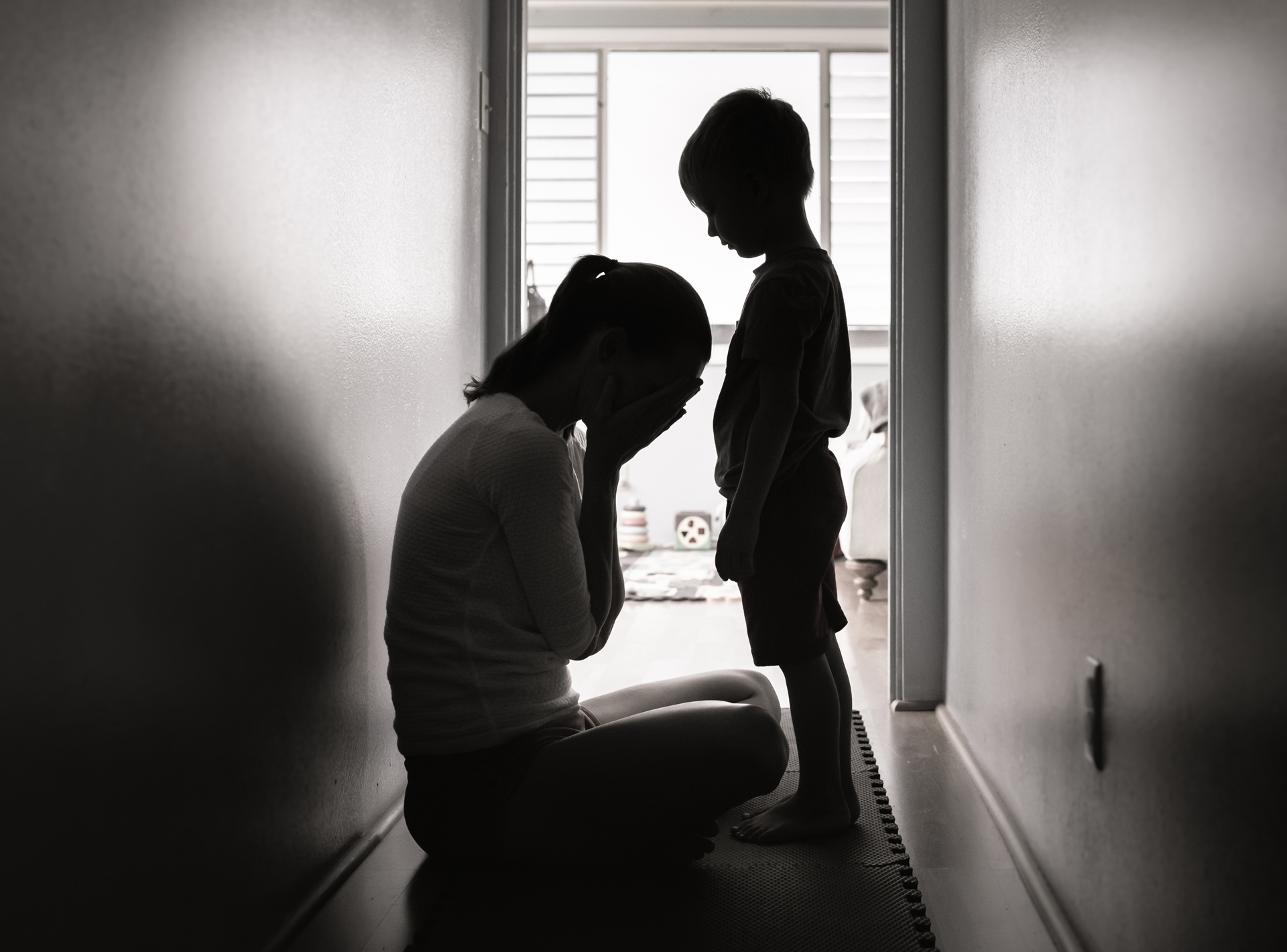 New Curtin University-led research has found caregivers of neurodivergent children are more likely to experience clinically significant levels of stress, poor mental health, financial hardship, and negative relationships.
New Curtin University-led research has found caregivers of neurodivergent children are more likely to experience clinically significant levels of stress, poor mental health, financial hardship, and negative relationships.
The research, published 9 February 2023 in the Journal of Autism and Developmental Disorders, explored the health and wellbeing of caregivers of children living with neurological conditions such as autism spectrum disorder (ASD), attention deficit/ hyperactive disorder (ADHD), cerebral palsy, and learning disabilities, and whether current support services were sufficient to meet their needs.
Lead researcher Dr Ben Milbourn, from the Curtin School of Allied Health, said children diagnosed with neurodevelopmental conditions often require significant levels of support from their caregivers and meeting their emotional, physical, social, and learning needs can be challenging.
“Our study asked 66 caregivers across Australia, the majority of whom were caring for children living with autism and ADHD, what their biggest challenges and concerns were,” Dr Milbourn said.
“We found that almost 80% of caregivers experienced poor wellbeing, high levels of stress and poor mental health. More than 22% of caregivers also experienced negative stigma from their local community, increasing the feeling of social isolation.
“Financial stresses were also a major contributor to caregivers’ poor mental health and wellbeing, with the study finding that caregivers faced significant obstacles in terms of career success and progression and were often required to make personal sacrifices which impacted their personal identity.”
Dr Milbourn said the study found there was an array of unmet needs for caregivers of neurodivergent children, including support groups, education and training, and financial aid and assistance.
“We need to ensure significant time and effort is placed into developing more accessible services and increasing caregiver understanding and education to improve their wellbeing and quality of life. Ensuring workplaces and employers are flexible and understanding of the needs of caregivers will help them maintain jobs and reduce financial pressures,” Dr Milbourn said.
“Obtaining an accurate and timely diagnosis, while also minimising long waitlists, will help to improve the mental health and wellbeing of caregivers.
“It is also critical for caregivers to be given more detailed information from health professionals about their child’s diagnosis, reason for behaviours, and strategies to best support their child.”
The necessity for sharing crucial information was highlighted on 14 February 2023 by an article published by the ABC, dealing with the ‘entirely preventable’ death of an 11-year-old autistic boy who was hit by a train in 2018 after escaping from a respite care facility operated by Civic Disability Services.
Alex, who was non-verbal and a “profound absconding risk,” was scheduled to stay with the respite house while his family were away for five nights to visit relatives but escaped on the fourth night from an unsecured window – he was last seen by CCTV cameras on the platform of Oatley train station, Sydney, at 7:23pm before walking onto the tracks.
His parents, who still struggle to come to terms with his death, and their own feelings of guilt at leaving him in respite care, said that because of his diagnosis, “It would not have been possible to take Alex with us.”
The ABC reported that as Alex got older and stronger, his mother could no longer take him to the car or even a playground by herself – a common feature of family life for many parents of male children with a diagnosis of ASD.
“Future caregiver interventions and support services should specifically focus on protecting caregivers from existing stigma, while also educating the general public about what stigma is, how caregivers experience it, and how the general public is contributing to this,” Dr Milbourn said.
The full paper, titled ‘The well-being and support needs of Australian caregivers of neurodivergent children,’ can be found online here: https://doi.org/10.1007%2Fs10803-023-05910-1

